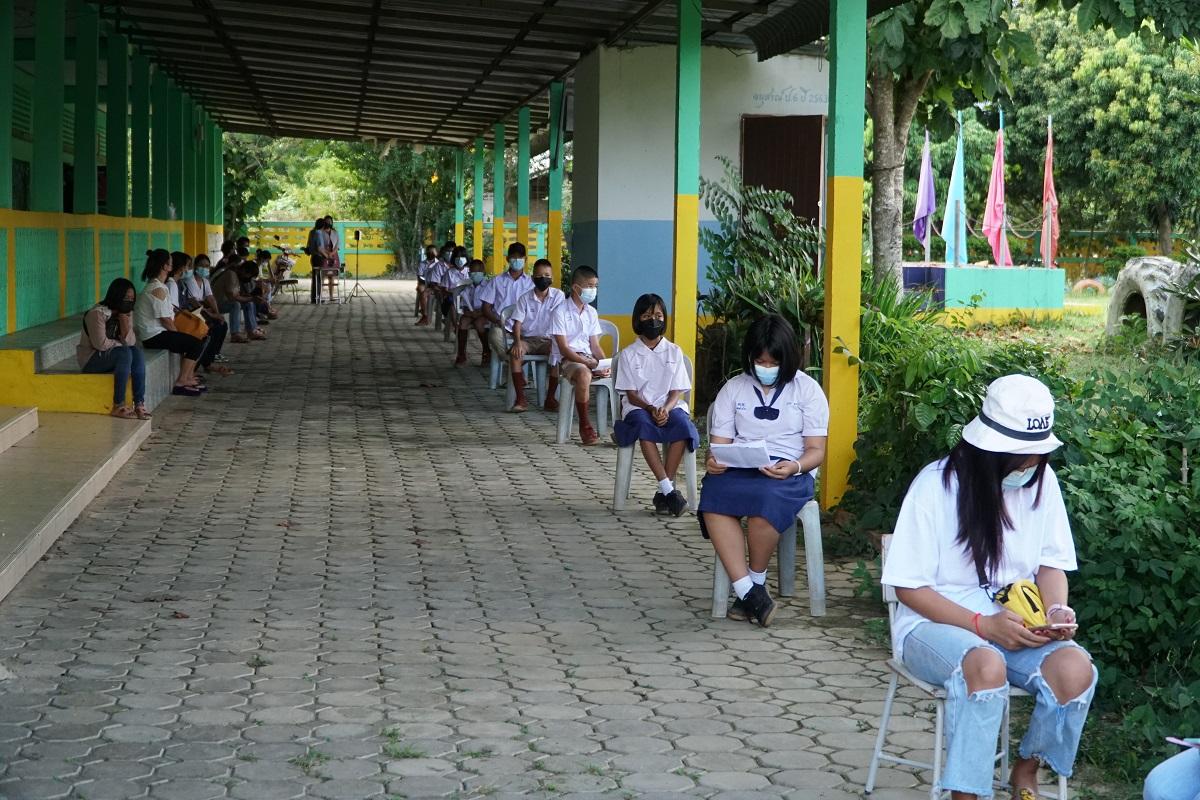
Today, countries around the world are honouring World Children's Day by celebrating and focusing on the rights of children. In 2023, this day carries particular weight and meaning, with so many children around the world dying and suffering as a result of heartbreaking disasters, including armed conflicts.
So what does World Children's Day really mean and why is it so important?
The date was chosen as it was in 1954 when the United Nations General Assembly -- still dealing with the vast aftershocks of World War II, which had killed, injured and orphaned tens of millions of children -- adopted the Declaration on the Rights of the Child.
This was a crucial moment in recognising children's rights as core to, and yet unique within, human rights. It is also the date in 1989 when the Convention on the Rights of the Child (CRC) -- the most ratified human rights treaty the world has ever known -- was adopted to protect the rights of every child, everywhere.
The convention is humankind's pledge that transcends geographical borders, cultural differences, and political landscapes. It expresses values we uphold universally. It rings out in the bustling streets of New York, echoes in the rainforests of the Amazon, and reverberates across the rice fields and cities of Thailand.
Its message is simple but powerful: children everywhere are born with the same fundamental human rights including the rights to survival, development, protection, and participation. Unfortunately, these rights are still challenged and threatened around the world, and we must defend them together.
Thailand ratified the convention in 1992, confirming its commitment to promoting and protecting child rights. Indeed, during the 75 years Unicef has worked in Thailand, the country has made remarkable progress in improving children's lives and well-being. Its extraordinary efforts to move from a low-income to upper-middle income country lifted tens of millions of people out of poverty, including children.
When Unicef first began working here, more than one in five children died before they reached five years of age, with malnutrition and diseases claiming most of those young lives. Today, very few children die of preventable causes, and almost all go on to attend at least primary school, and reach adulthood.
We are awed by the country's achievements and proud of the part we have played. But the journey is far from over. Some challenges persist and others have emerged.
Too many children in Thailand are still born into inequality, with those from ethnic minorities, migrant families and remote regions more likely to experience poverty, health problems, inadequate education, and limited opportunities. New challenges such as poor mental health, intergenerational gaps, the fast-changing demands of the globalised world, online exploitation and abuse, obesity, and climate change have increasingly come into focus.
The data confirms the depth of these challenges. Around one in 10 children under five are malnourished -- either too short for their age, too thin or overweight. And although most children attend school, they don't always learn well. A recent national survey found that less than half of Grade 2 and Grade 3 children have basic reading and number skills. This should raise serious alarms. In a rapidly-ageing society like Thailand, every child's development counts -- not only because it's their right but because they are essential to the economic growth, productivity, and future workforce that will help Thailand continue progressing.
This is why we are concerned that many young Thais feel their education doesn't prepare them for the challenging 21st century job market, and that their voices aren't heard. Seven in 10 have mental health issues and 1.4 million young people aged 15-24 are currently not in education, employment and training (NEET).
There are other, newer challenges to confront. In 2021 alone, 400,000 children in Thailand were victims of online sexual abuse and exploitation. Thailand was also recently ranked 50th out of 163 countries where children are most at risk from climate change. By 2050, almost every child in Thailand will suffer heatwaves more often and for longer unless serious action is taken.
These challenges can and must be overcome, just as those of the past have been. But we must be innovative, flexible and willing to learn and adapt to the changing times. We must include children and young people when we plan for the future -- working with them, listening to their views and learning from their insights. Equipping them with the skills they need to address the problems they will inherit is the least we can do. It helps achieve our collective goal at the same time: Thailand with shared prosperity and happiness where children fulfil their potential and have their rights protected.
Unicef is committed to ensuring all children can learn and grow, dream and aspire, play and laugh. We won't rest until every child can grow up healthy, educated and protected. We will work with all partners towards a future where every child is seen, heard, and valued -- a world that invests in children as the architects of tomorrow.
For every child, hope. For every child, a future. Investing in children is not only the right thing to do, but the smart thing to do. "There can be no keener revelation of a society's soul than the way in which it treats its children," Nelson Mandela once said. We must examine our own souls.
Kyungsun Kim is UNICEF Representative for Thailand.